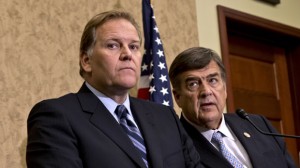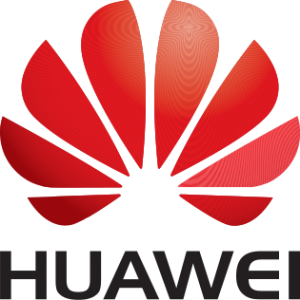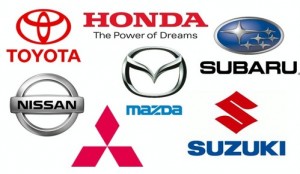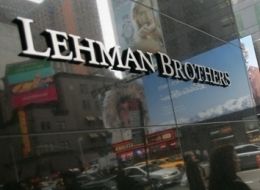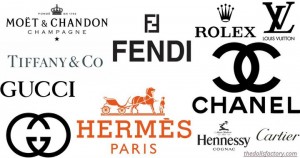 Luxury brands such as Louis Vuitton and Burberry have been around for a long time and were very successful and gained a lot of loyal customers, however, recently it has been shown that theses luxury brands could be in trouble! In the past years, luxury companies are complacently selling their products to their already established customer base, ignoring the next generation, according to Pam Danziger at Unity Marketing, this could prove to hurt these luxury brands.
Luxury brands such as Louis Vuitton and Burberry have been around for a long time and were very successful and gained a lot of loyal customers, however, recently it has been shown that theses luxury brands could be in trouble! In the past years, luxury companies are complacently selling their products to their already established customer base, ignoring the next generation, according to Pam Danziger at Unity Marketing, this could prove to hurt these luxury brands.
 The rising new generations are very different from the older ones, as technology become a huge part of their life and as they grow with a global perspective in mind, their values, trends and personalities will be drastically different from the previous generation. This calls for a change in the marketing strategies of these luxury brands, and for their placements in the market. Another important factor to consider is the pricing of these brand names, with research showing that young people think that luxury brands are overpriced and aren’t worth the expense, it is really time for them to consider their pricing range to slowly satisfy and lure more young people to buy their products. In all, the point of difference between luxury brands and normal brands is the high quality and design they bring us, but as the definition of luxury brands are changing and so is our taste, thus it is important for companies to find their place in the market.
The rising new generations are very different from the older ones, as technology become a huge part of their life and as they grow with a global perspective in mind, their values, trends and personalities will be drastically different from the previous generation. This calls for a change in the marketing strategies of these luxury brands, and for their placements in the market. Another important factor to consider is the pricing of these brand names, with research showing that young people think that luxury brands are overpriced and aren’t worth the expense, it is really time for them to consider their pricing range to slowly satisfy and lure more young people to buy their products. In all, the point of difference between luxury brands and normal brands is the high quality and design they bring us, but as the definition of luxury brands are changing and so is our taste, thus it is important for companies to find their place in the market.
Reference:
http://ca.finance.yahoo.com/news/luxury-brands-dangerously-close-losing-191800427.html
